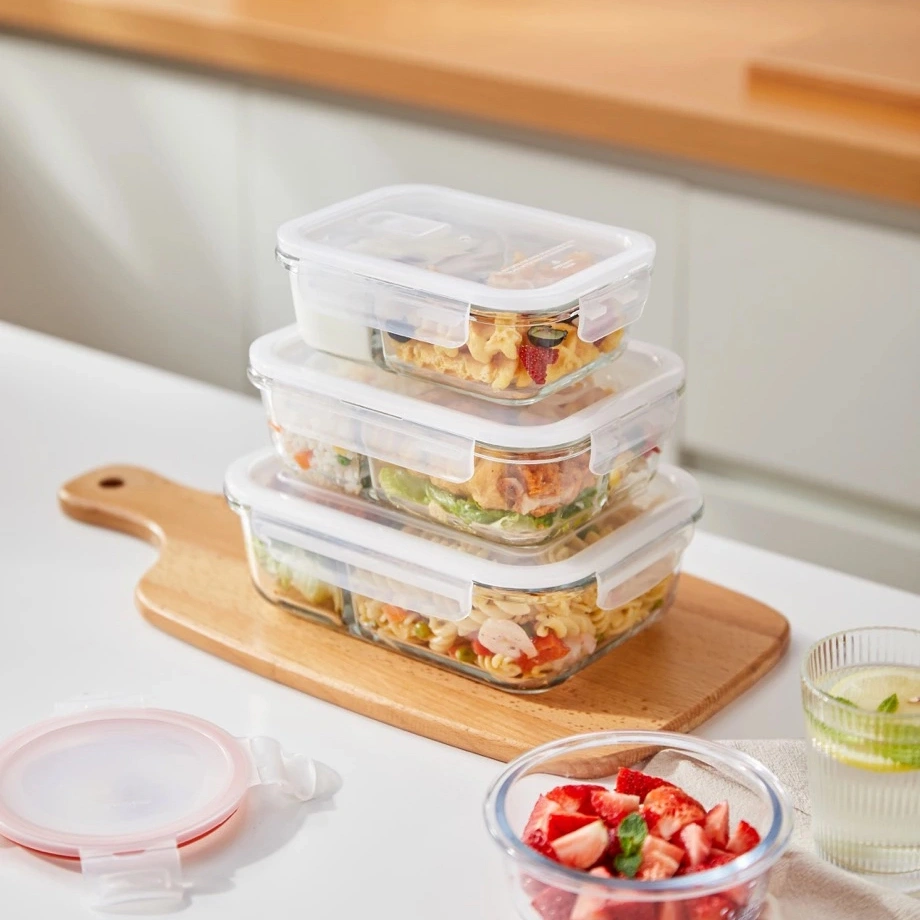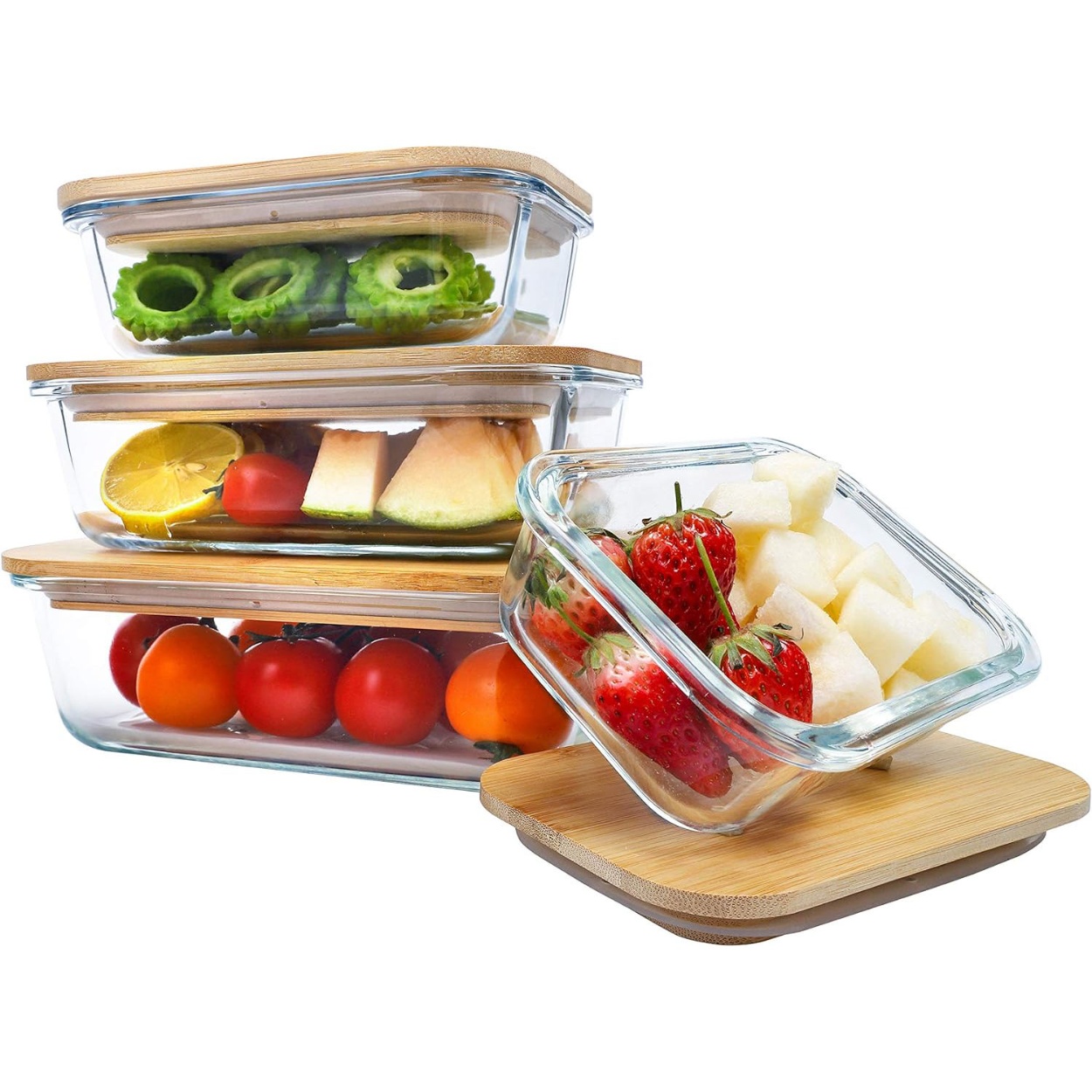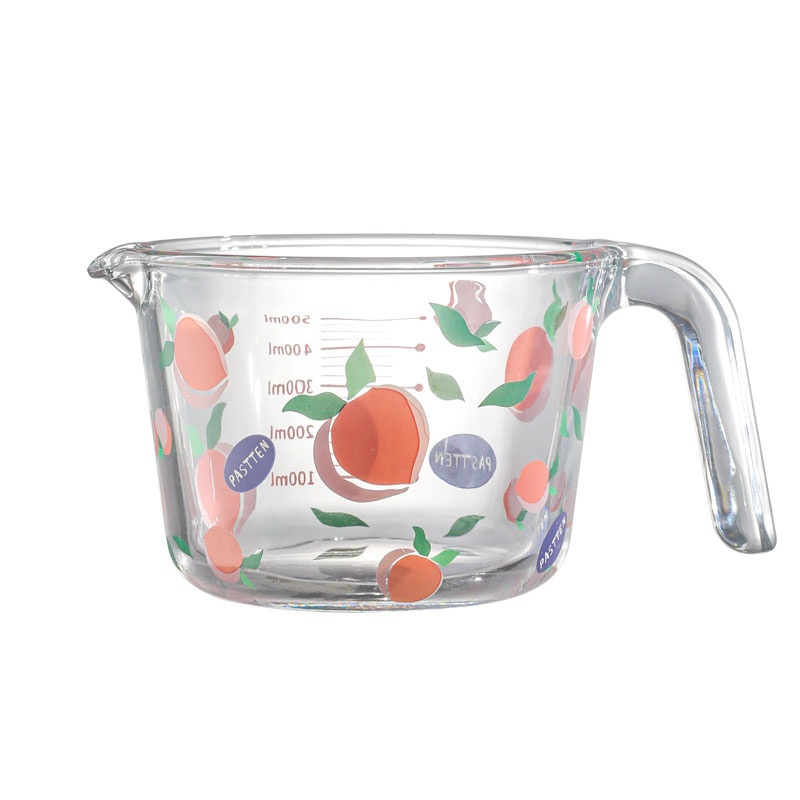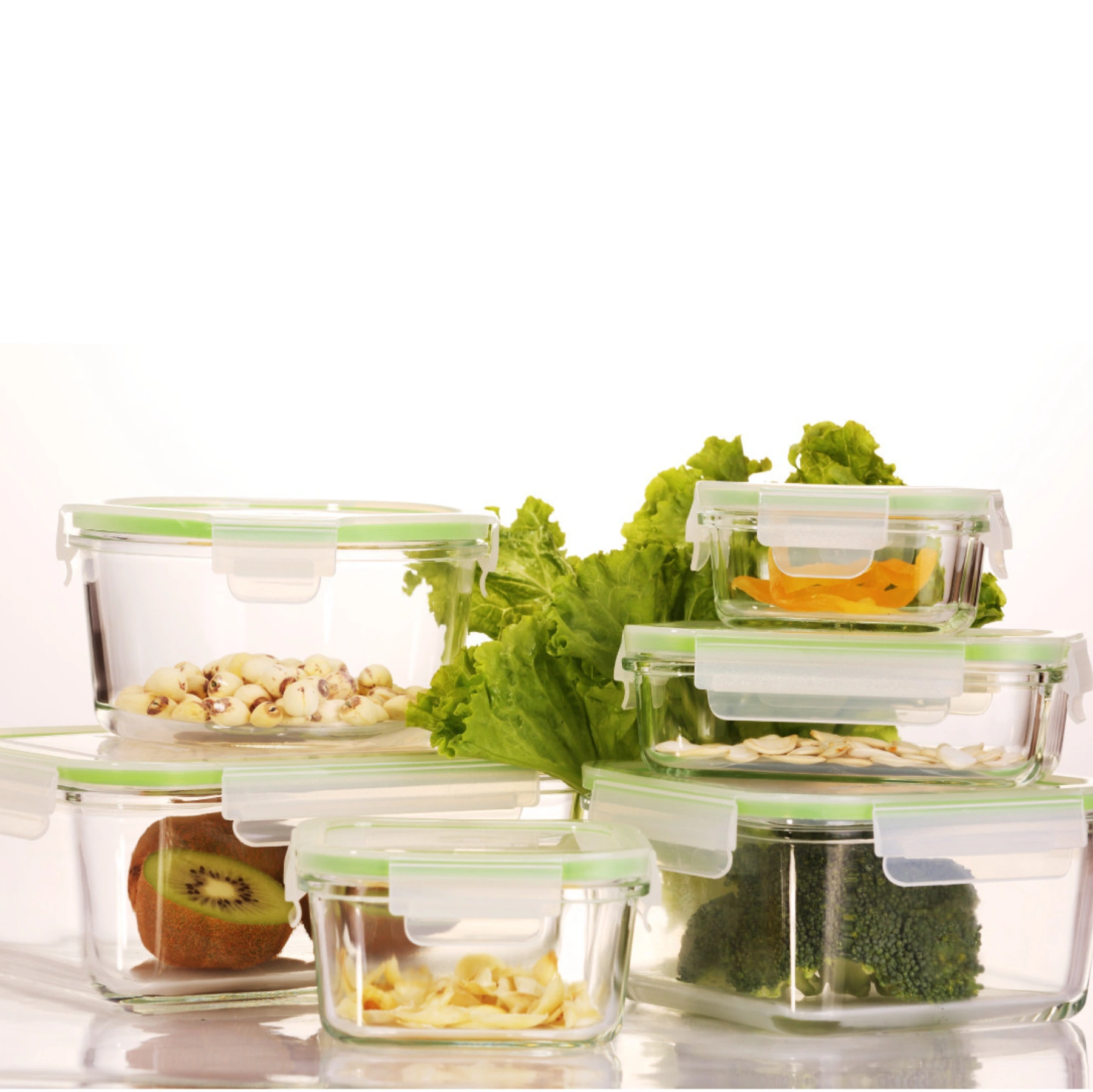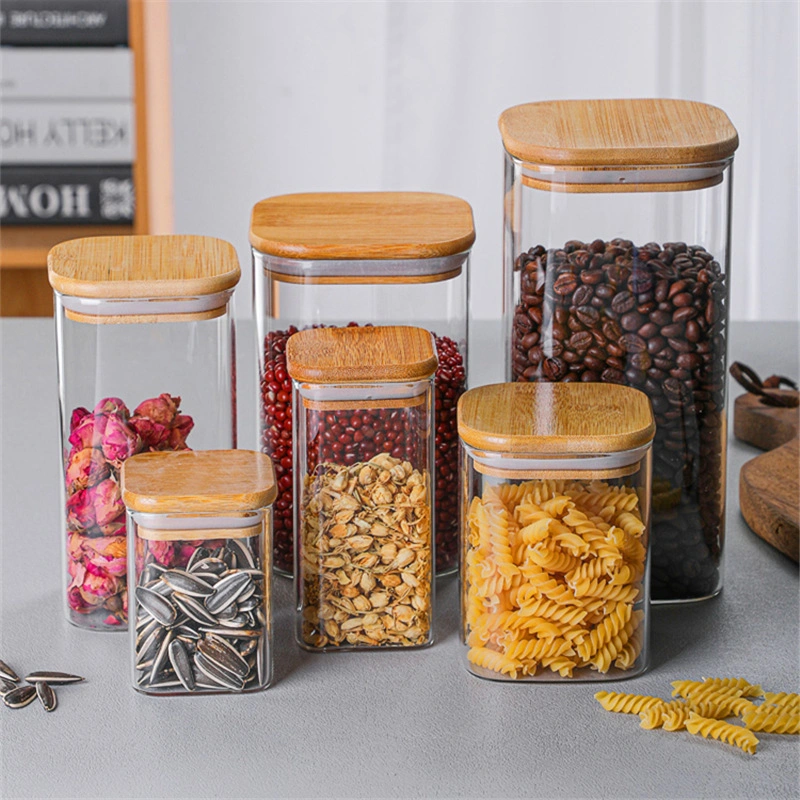How to Properly Care for Your Glass Food Storage Containers
Table of Contents
Glass food storage containers are a versatile and eco-friendly option for storing leftovers and meal preps. To ensure they remain in excellent condition for years, follow these essential care tips.
Storing on the Shelf
Proper storage is key to maintaining the longevity of your glass containers. When stacking glass containers, avoid direct contact between pieces to prevent chipping or cracking. Placing a piece of paper towel or a reusable cloth between each container can provide the necessary cushion and prevent damage.
Washing Glass Containers
For everyday cleaning, use plastic or nylon non-scratch sponges along with your preferred dish detergent and water. If you encounter stubborn, baked-on food residues, soak the glass containers in warm water before scrubbing with a non-scratch cleaner. This method helps preserve the integrity of the glass surface while effectively removing tough stains.
Washing Lids
Lids, especially plastic ones, can absorb stains and odors over time. To tackle this issue, create a simple baking soda solution. Mix 2 tablespoons of baking soda with 1 teaspoon of water and ¼ teaspoon of dish soap to form a paste. Apply this paste to the inside of the lid and let it sit for at least 15 minutes. Afterward, scrub and rinse with clean water. Repeat the process if necessary to completely eliminate lingering smells and stains.
Dishwasher Safety
While glass storage containers are dishwasher-safe, proper placement is crucial. Place the glass containers on either the top or bottom rack. However, plastic lids should always be placed on the top rack to prevent warping or cracking from the dishwasher’s intense heat during the drying cycle. This practice ensures both your glass containers and lids stay in optimal condition.
Additional Tips for Glass Container Care
-
- Avoid Extreme Temperature Changes: Sudden temperature shifts can cause glass to crack. Always let glass containers come to room temperature before placing them in the fridge or freezer, and vice versa.
- Be Mindful of the Microwave: If microwaving food in glass containers, ensure they are labeled microwave-safe. Use a microwave cover to prevent splatters and potential staining.
- Handle with Care: Even though glass containers are durable, they are still susceptible to breaking if dropped. Always handle them with care, especially when they are full and heavier.
Conclusion
By following these tips, you can keep your glass food storage containers in pristine condition, ensuring they last for many years. Proper storage, gentle cleaning, and mindful use of the dishwasher will help maintain the quality and appearance of your glass containers, making them a reliable and long-lasting choice for your kitchen.
Newest Blog
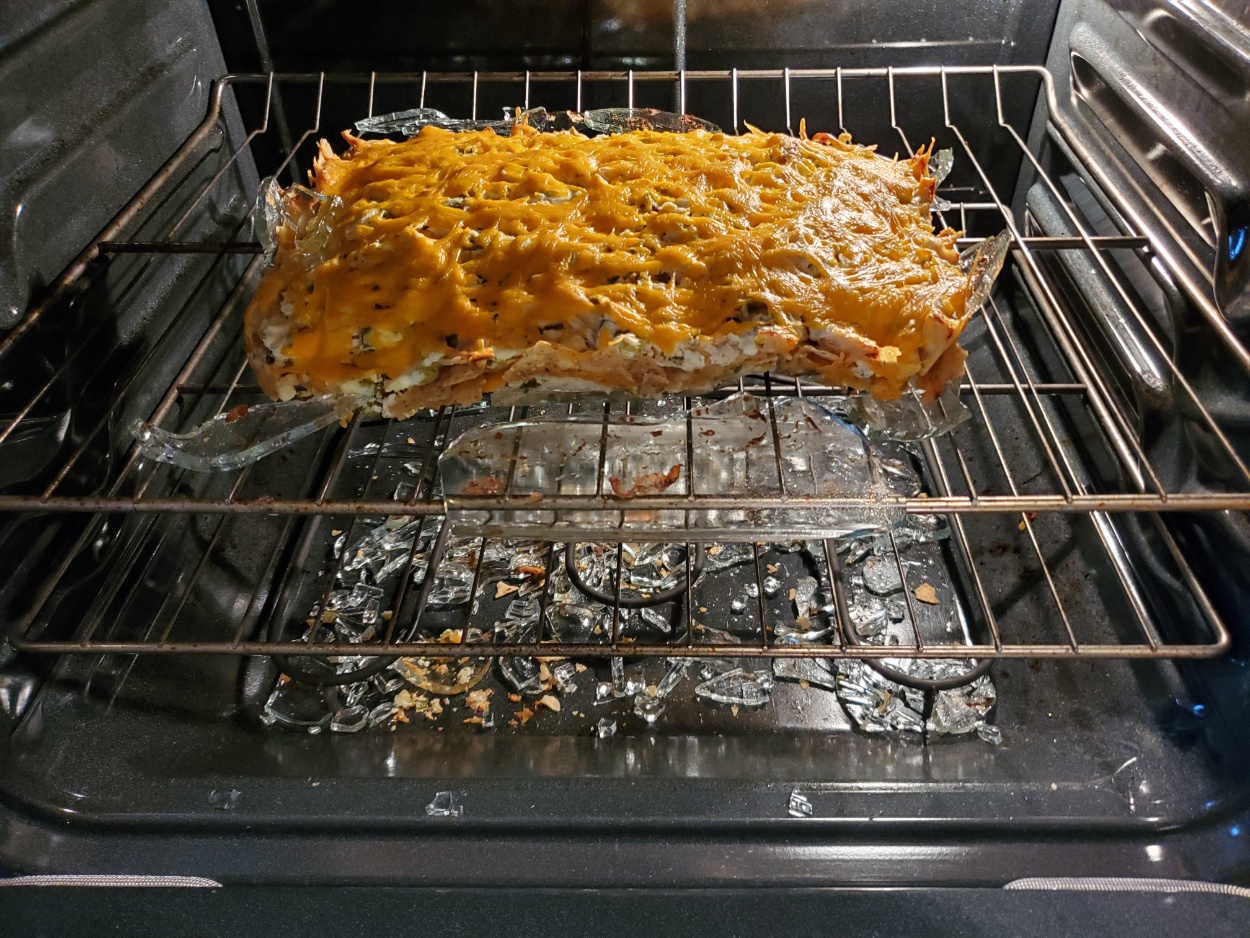
Is Glass Safe In The Oven?
Whether you’re a home cook or a business owner sourcing from a glass lunch box factory, understanding the nuances of oven-safe glass is crucial. We’ll explore the world of durable and reliable custom glass food container options, ensuring you make informed decisions.
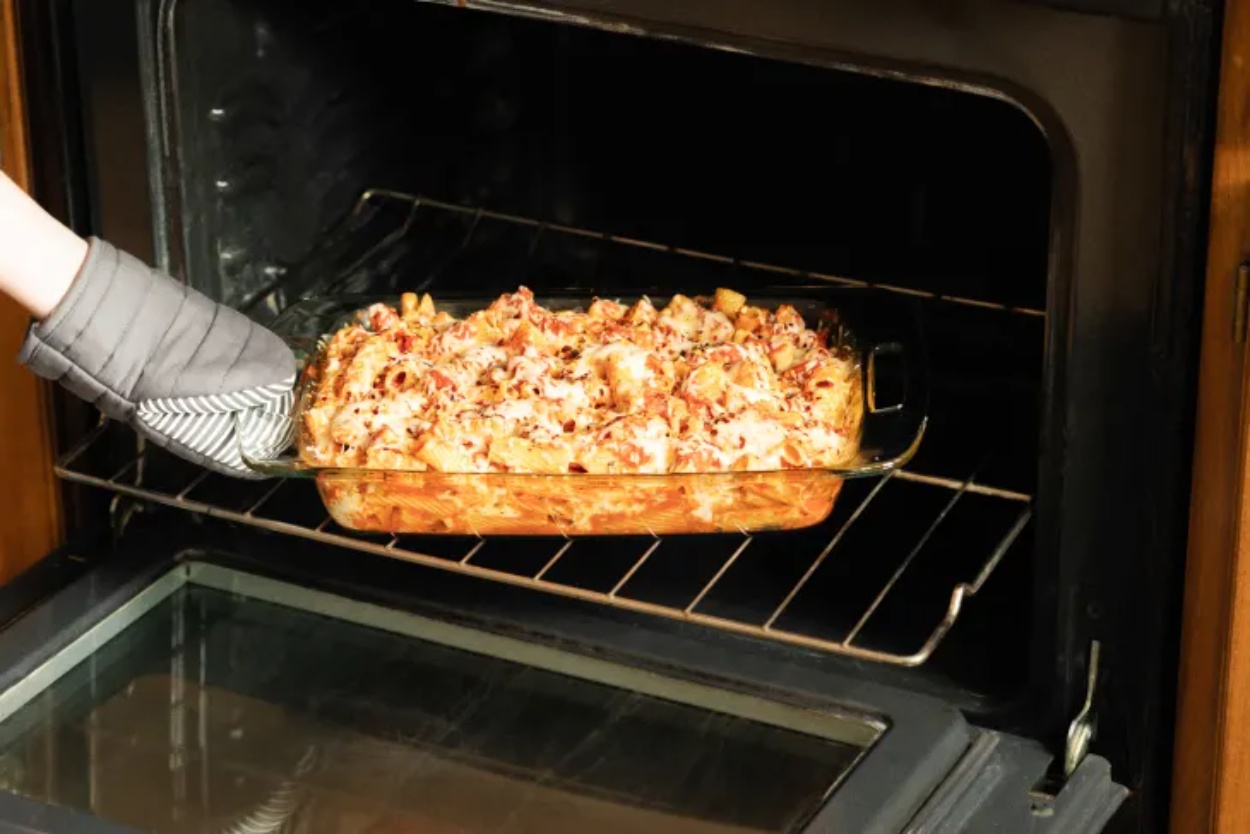
Can You Put Glass In The Oven?
We’ll explore why choosing the right type of glass, particularly from a reliable China glassware factory, is so important, especially if you’re looking for custom glass food storage containers or even a glass lunch box factory.
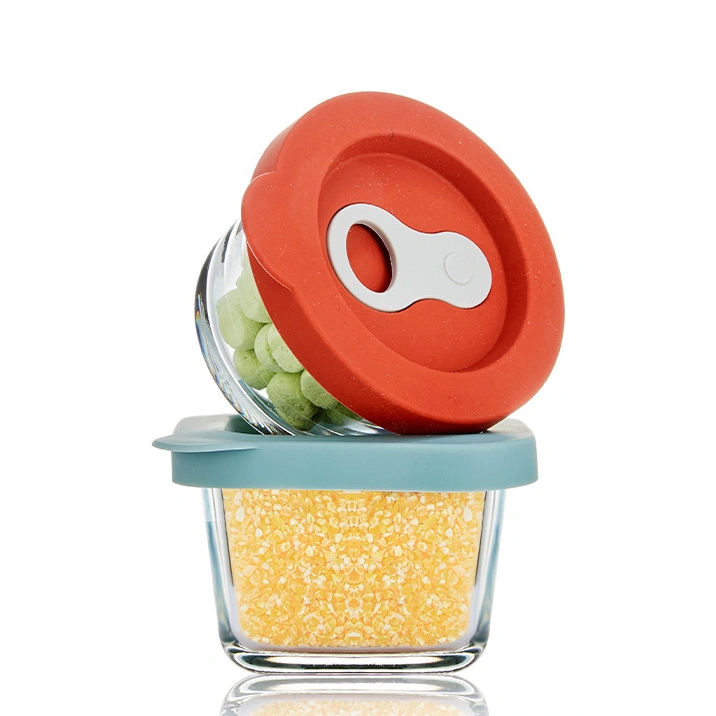
What To Do With Small Glass Containers?
From baby food meal prep, storing leftovers to organizing your craft supplies, small glass containers are super handy!

